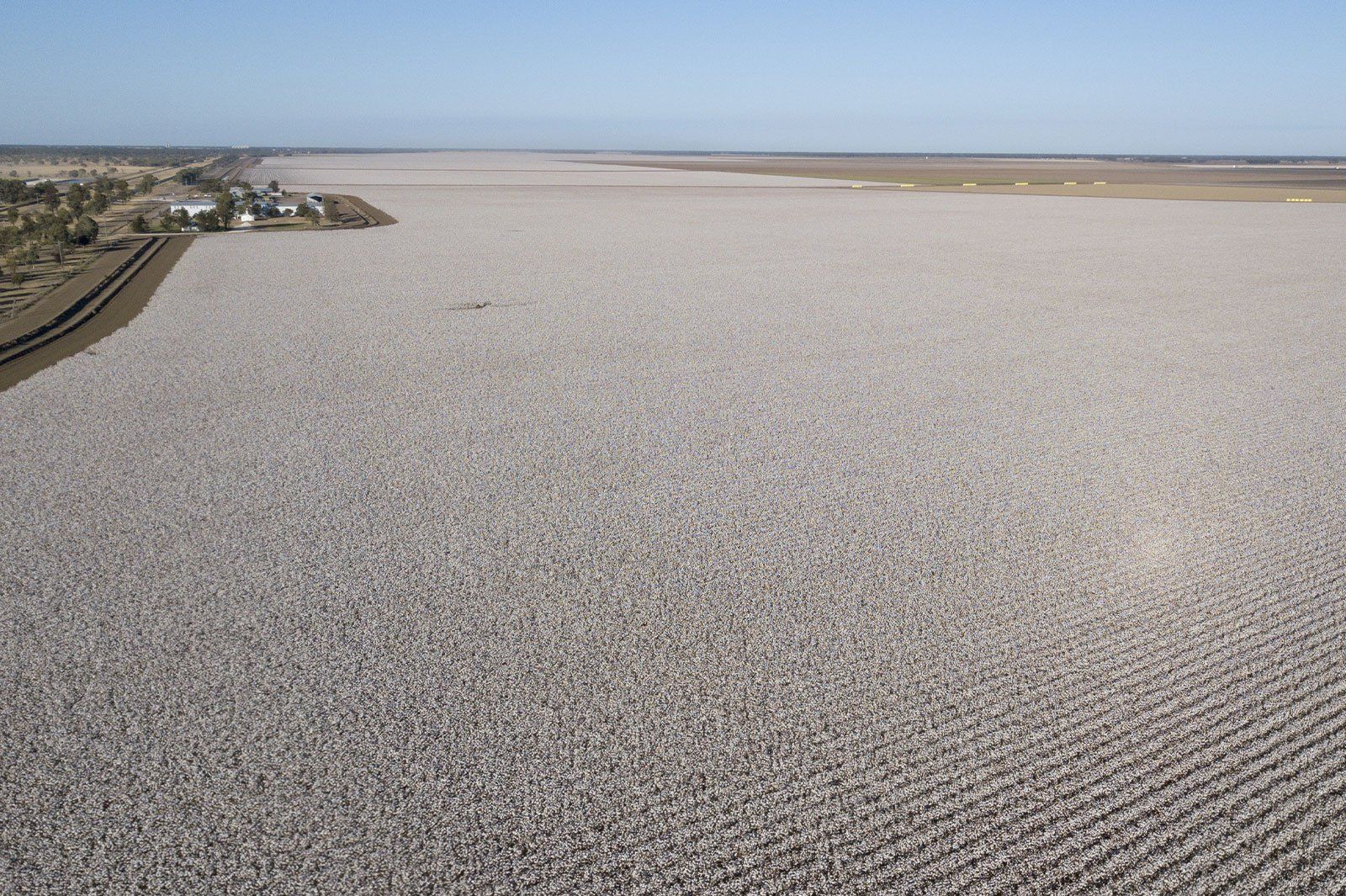1MG FlippingBooks
Littleproud slams proposed bans on cotton exports
In response to yesterday’s plan by Centre Alliance politicians to ban Australian cotton exports in a bid to rescue the Murray-Darling, Minister for Agriculture and Water Resources David Littleproud has come out swinging.
Yesterday, Senator Rex Patrick of the Centre Alliance announced the legislation, claiming that exporting cotton was not in the national interest and is “incompatible with saving the Murray-Darling system”. You can read more on the Centre Alliance’s proposed legislation here.
The proposal has been met with strong backlash from the cotton industry. Minister Littleproud spoke out against the plan, labelling it flawed on many fronts and incapable of delivering any extra water to the river.
With cotton exports a $2.1 billion industry that employs 10,000 Australians a year, Minister Littleproud also says a ban would put the entire industry at risk.
“Some 90 per cent of our cotton is grown for export, so this plan would end the industry. How will Centre Alliance replace these jobs in rural Australia?” he said. “Cotton is the highest value crop for farmers to grow in most of these areas. Effectively stopping farmers growing the most valuable crop just reduces farm viability and means less jobs.
“Banning the export of any particular crop likely breaches our World Trade Organisation obligations. Australia is a nation of 25 million growing enough food for 75 million people – we need trade. This idea might mean the media gets a headline but it won’t help the Basin, the fish or the farmers one bit.
“Banning farmers from selling cotton overseas and bringing wealth to Australia is a terrible idea.”
National Farmers’ Federation President Fiona Simson labelled the Centre Alliance as “uneducated on basic economics” and “out of touch with regional Australia” after the announcement of the ban.
“Senator Patrick’s stunt has everything to do with profile raising and nothing to do with the national interest,” said Simson. “Thankfully Australia’s political regime doesn’t allow the Government to dictate what farmers should grow.”















